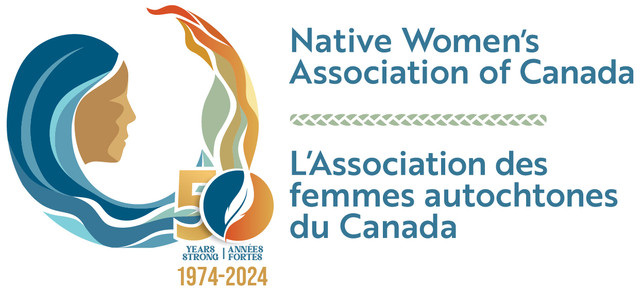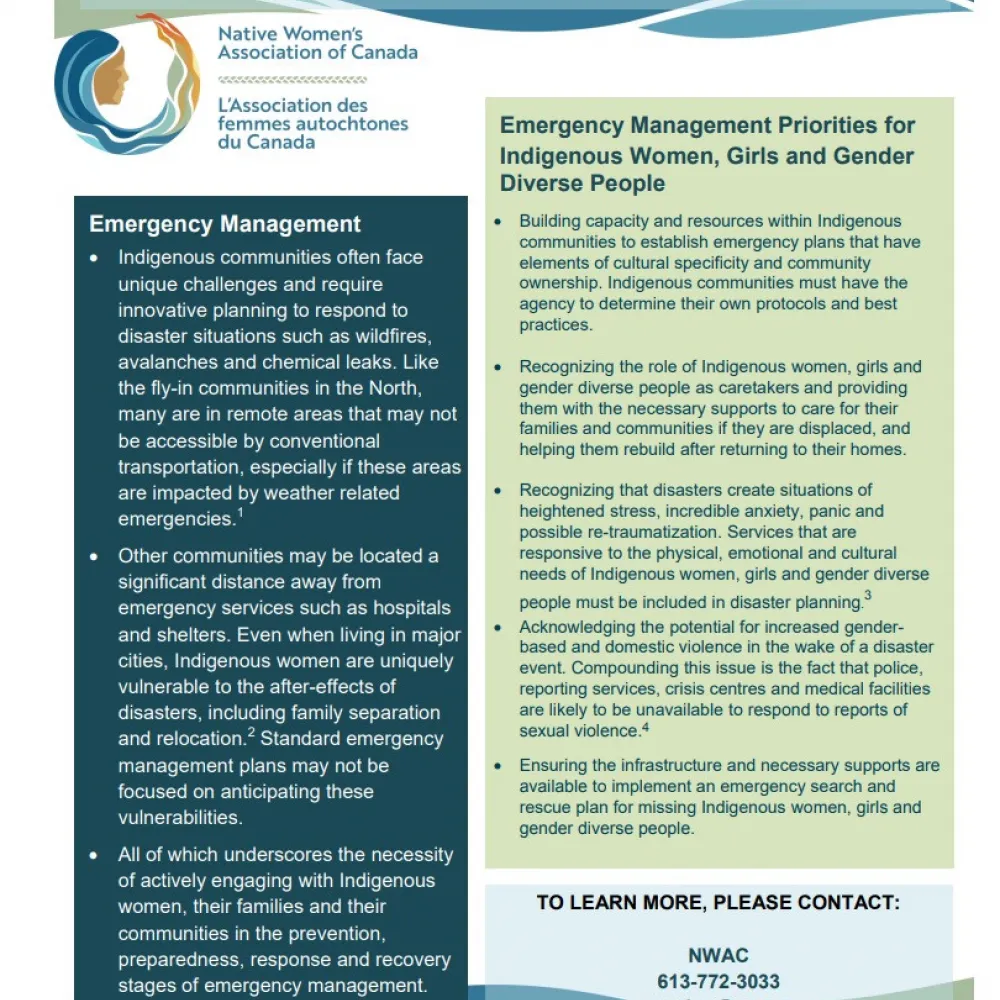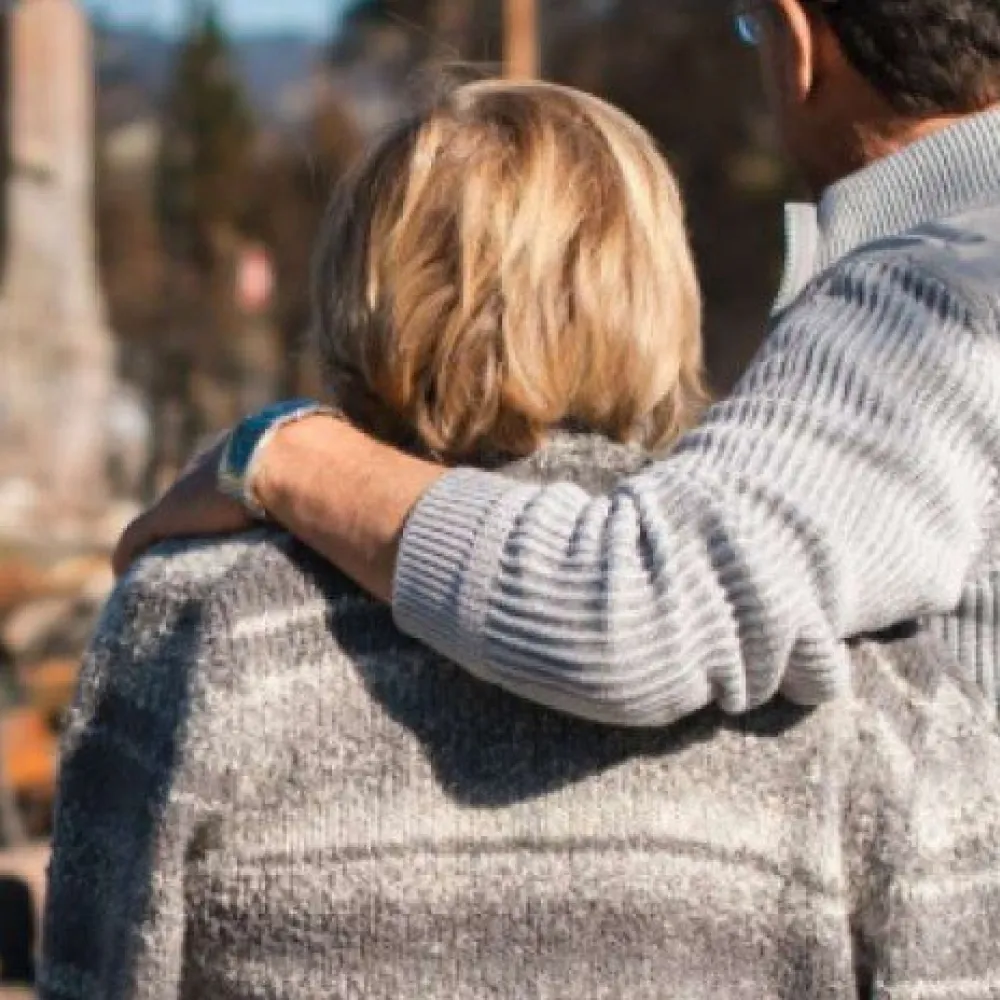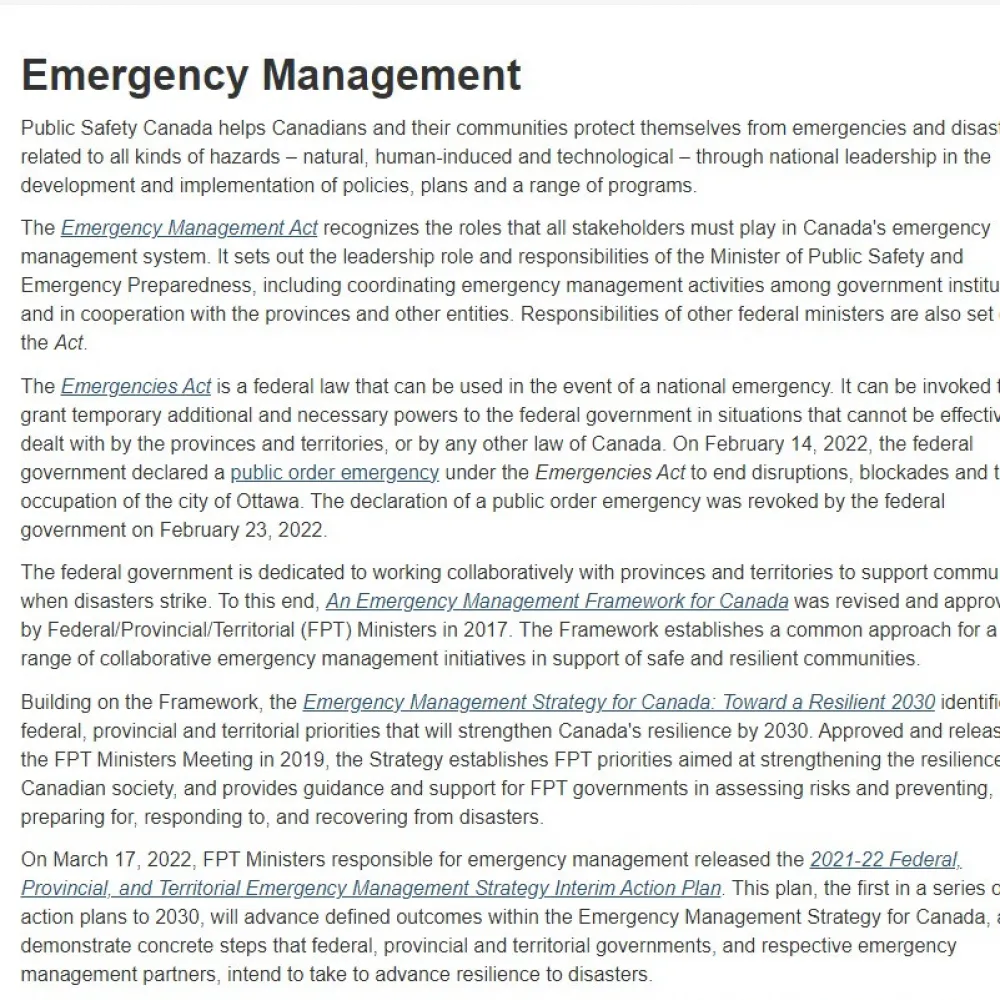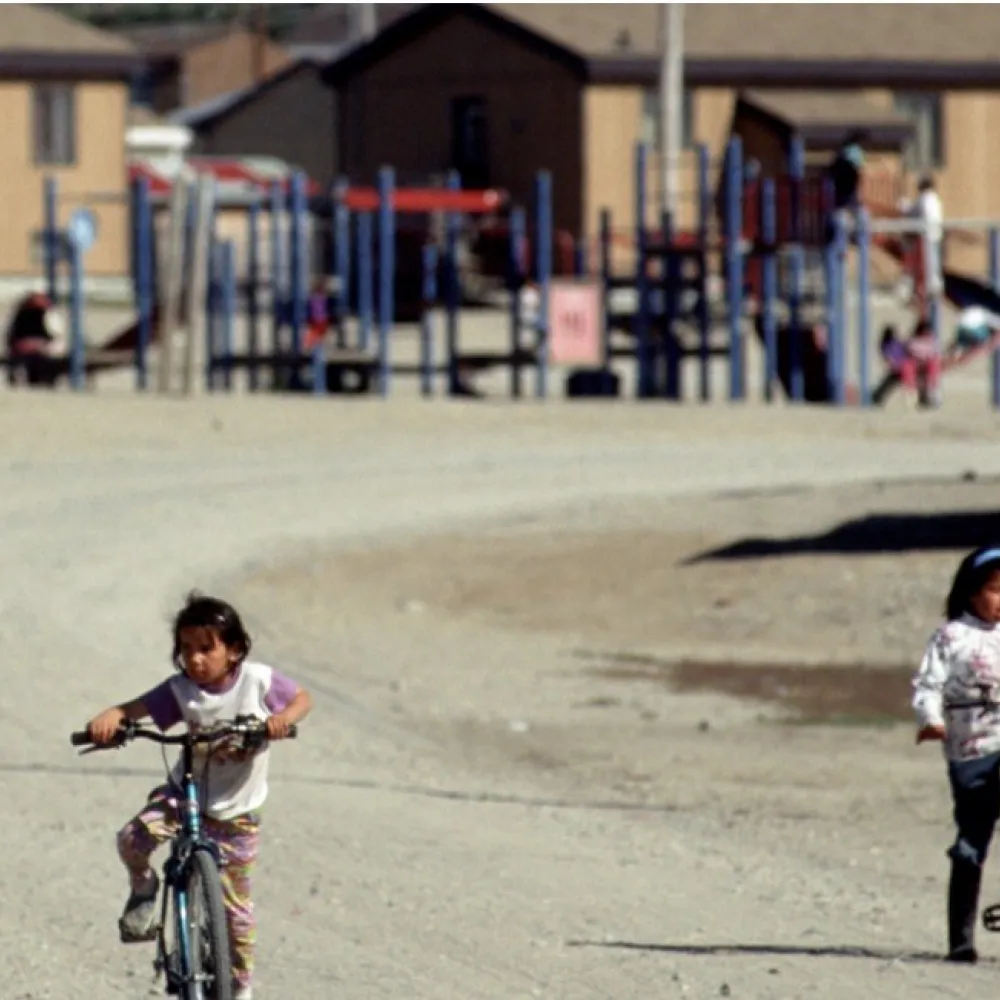Summary
How Indigenous communities are impacted by emergency events and disasters continue to reflect the legacy of colonialism. While Canada may be in a strong economic position to react to environmental, ecological, social, or economic changes, many Indigenous communities do not have that same level of capacity to respond to situations. As a result, these communities, individuals, and ecosystems bear the repercussions of emergency events and disasters.
Issues of emergency management become inseparable from issues of social and economic equality, especially for Indigenous communities. Indigenous Women, Girls, Two-Spirit, Transgender, and Gender-Diverse Peoples face unique risks and challenges that are often overlooked in emergency prevention and response measures.
In 2017, NWAC received project funding to bring a gender-based, culturally appropriate lens to emergency management. An online survey was conducted with primary focus on community knowledge of local evacuation plans and experiences of evacuation. Responses from the survey provided recommendations for more inclusive emergency management leadership, greater availability and accessibility of community emergency plans, and the need for gender-based, culturally safe, trauma-informed supports and services to address mental health impacts of evacuation.
